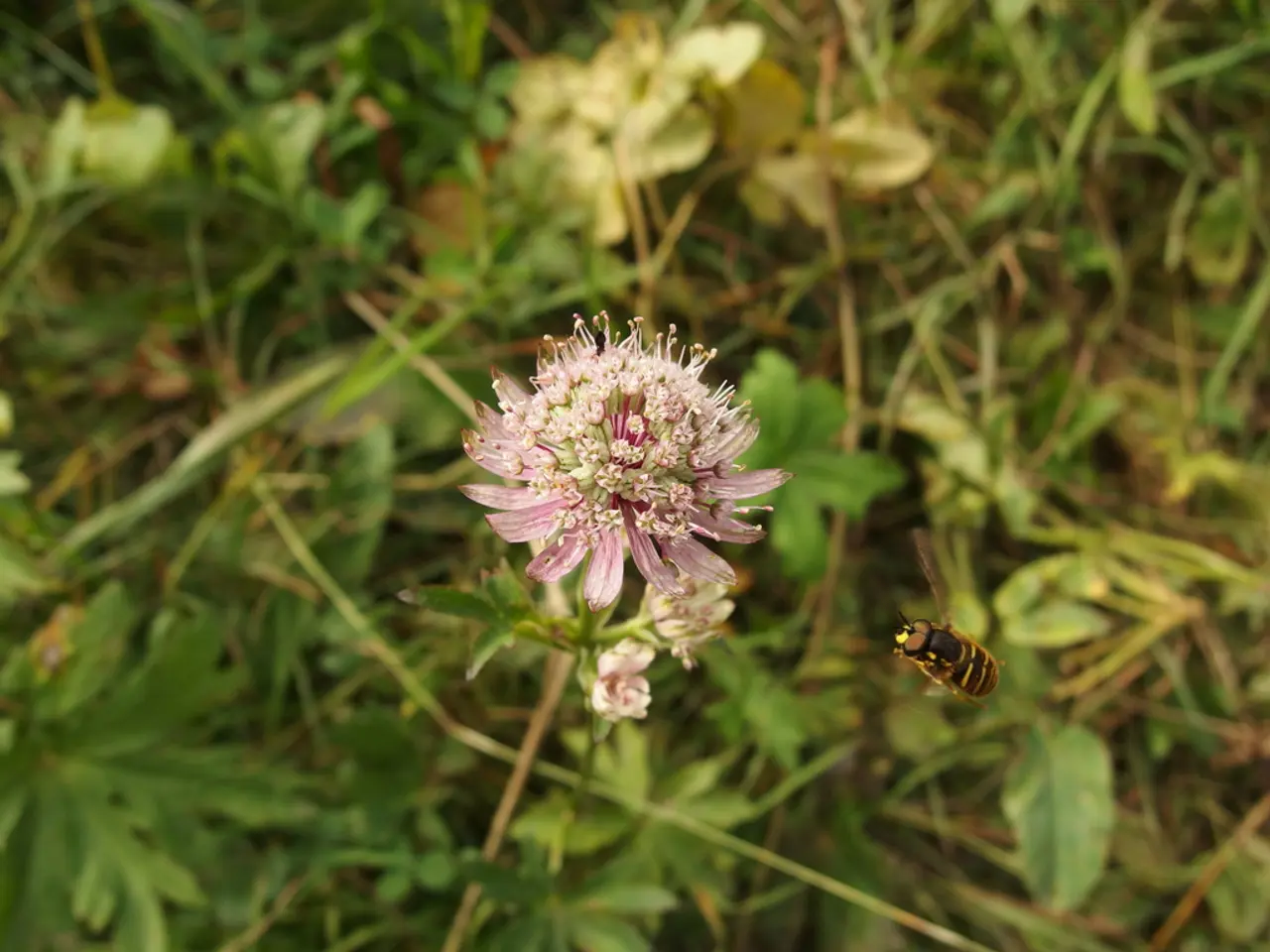Tiny Insect Threatens Europe’s Crops with Unstoppable Bacteria
Farmers across Europe are grappling with a growing threat: the foxtail leafhopper, a tiny insect with a big impact. This planthopper, scientifically known as Hyalesthes obsoleta, is spreading multiple bacteria that give other pests an unfair advantage. The disease it carries lingers even after infected crops like potatoes and beets are harvested, leading to severe yield losses and quality issues in agricultural products.
The foxtail leafhopper's reach is expanding, posing a significant challenge to farmers. Klaus Müller, the managing director of the Association of Sugar Beet Growers from Hessen-Pfalz, has been at the forefront of this battle. He notes, 'We're seeing an increase in infestations, and the damage is substantial.' The insect's ability to transmit bacteria, such as Candidatus Liberibacter solanacearum, allows it to wreak havoc on crops even after harvest. This persistent disease can lead to stunted growth, yellowing leaves, and reduced yields.
Farmers are left with few options to combat this pest. Traditional pesticides are often ineffective, and organic methods can be labor-intensive. Müller warns, 'We need innovative solutions to stay ahead of this pest, or we risk seeing our crops, and our livelihoods, devastated.'
The foxtail leafhopper's impact on European agriculture is undeniable. With its ability to spread disease and its increasing prevalence, farmers are facing a formidable foe. As Müller emphasizes, 'We must act now to protect our crops and our future.' Researchers are working to develop effective control methods, but until then, farmers must remain vigilant and adapt their strategies to combat this tenacious pest.





